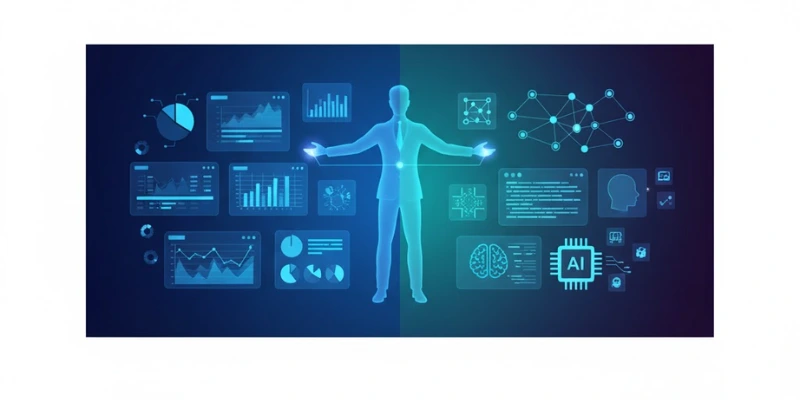
Professionals constantly seek clarity between roles that sound similar but differ significantly in scope. For many aspiring analysts, understanding how these roles align with their goals starts with proper learning pathways like Data Analytics course in Trichy, which offers a structured way to decode the language of data and its real-world applications.
Understanding the Core of Data Analytics
Data analytics is the practice of examining datasets to uncover meaningful insights and patterns that drive decision-making. It focuses on descriptive and diagnostic analysis, understanding what happened and why. Professionals in this domain work closely with structured data, applying statistical tools and visualization techniques to translate numbers into actionable stories that guide business strategies.
The Broader Scope of Data Science
Data science goes a step beyond analytics. It integrates statistics, programming, and ML to predict future outcomes and automate complex decisions. A data scientist not only analyzes data but also builds predictive models, experiments with algorithms, and designs data pipelines. This interdisciplinary nature makes data science a key driver of innovation across industries like healthcare, finance, and e-commerce.
Tools and Techniques That Define Each Field
While both fields share tools like Python, SQL, and Excel, their applications differ. Data analysts emphasize tools such as Power BI or Tableau for visualization and reporting. Data scientists, however, work more with advanced libraries like TensorFlow, Scikit-learn, or PyTorch to build intelligent systems. The distinction lies in how analysts explain the past, while scientists predict the future.
Educational Pathways and Skill Development
Learning paths for both careers often overlap but diverge in complexity. Data analytics typically focuses on statistics, Excel, visualization tools, and basic SQL queries. Data science, on the other hand, demands deeper knowledge in programming, machine learning, and data engineering. Many learners begin their journey with foundational courses and later advance to specialized fields Data Science Courses in Erode to develop a stronger technical edge and problem-solving mindset.
The Role of Machine Learning
Machine learning is the defining line between analytics and science. While analysts rely on manual interpretation of trends, data scientists leverage algorithms that allow systems to learn and make predictions autonomously. For example, predicting customer churn or recommending products requires a data science approach, whereas analyzing last quarter’s sales trends falls under data analytics.
Job Roles and Industry Relevance
Both domains offer rewarding careers, but the roles and expectations differ. Data analysts are often tasked with creating dashboards, visual reports, and key performance metrics to support decisions. Data scientists are responsible for designing experiments, training predictive models, and deploying intelligent solutions. For job seekers, Data Analytics Course in Erode provides strong employability in roles that require immediate business insight, while data science positions demand a higher degree of technical and mathematical expertise.
Salary and Career Growth Opportunities
Data science roles generally command higher salaries due to their complexity and a demand for specialized skills. However, data analytics offers a faster entry point and stable career progression, especially for those transitioning from non-technical backgrounds. The rapid adoption of digital transformation across sectors ensures both fields remain valuable for years to come, making them among the most future-proof career choices today.
Which Path Should You Choose?
The right choice depends on your interests and strengths. If you enjoy interpreting patterns, building dashboards, and supporting decision-making processes, analytics is your route. If you’re fascinated by coding, model building, and artificial intelligence, data science will suit you better. Both paths contribute to the same goal helping organizations make data-driven decisions but through different approaches and skill sets.
The Evolving Relationship Between the Two Fields
Data analytics and data science are increasingly interconnected. Companies today expect professionals to blend analytical thinking with technical expertise. As AI and automation evolve, analysts are adopting machine learning techniques, while data scientists depend on analytics to validate their models. The collaboration between these roles creates a comprehensive ecosystem for smarter, data-backed innovation.
In the end, both fields represent essential facets of the modern data economy. Choosing the right career direction depends on your desired balance between analytical interpretation and technical innovation. By joining a Data Science Course in Trichy, aspiring professionals can equip themselves with a future-ready skill set that bridges both worlds making them adaptable, insightful, and prepared for the evolving landscape of data-driven careers.
Also Check: How Data Science and Data Analytics Influencing The Enterprises
